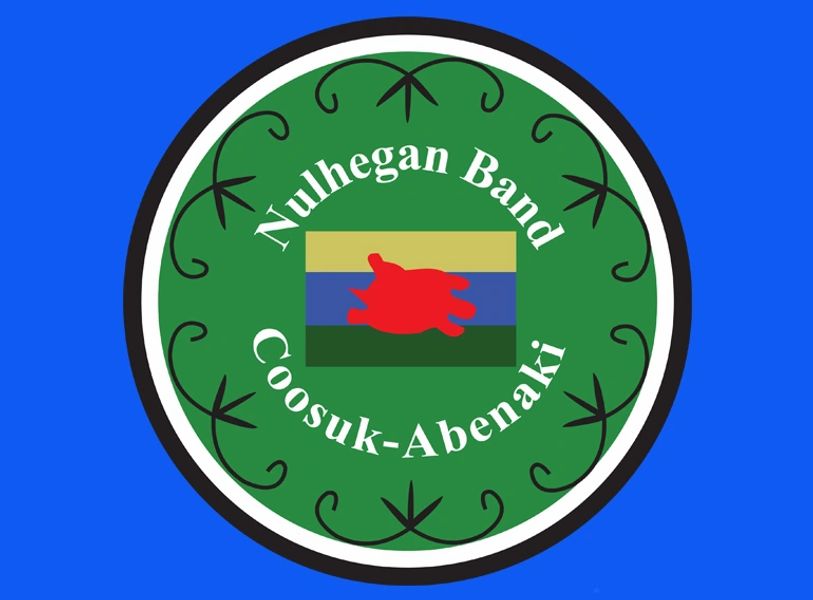 Don Stevens is our speaker today. Don is Chief of the Nohegan Band of the Coosuk Abenaki Nation and president of the AHA- Abenaki Helping Abenaki.
Don Stevens is our speaker today. Don is Chief of the Nohegan Band of the Coosuk Abenaki Nation and president of the AHA- Abenaki Helping Abenaki.
January 27, 2021
Charlotte Shelburne Hinesburg Rotary via Zoom
Bob Sanders, Carrie Fenn, Chris Davis, Linda Gilbert, Sam Feitelberg, Erik Kolomaznik, France LeBlanc, Nancy Danforth, Jessica Brumsted, Susan Grimes, Jim Donovan, Denis Barton, Jonathan Lowell, John Hammer, Lauri Burke, John Pane, Ric Flood, Margaret Woodruff, Linda Barker, Dan York, Joan Lenes, Diana Vachon,
Guests: Andrea Morgante
Our speaker today is Don Stevens
Nancy Danforth offered these opening words:
Oh, Great Spirit, whose voice I hear in the wind, whose breath gives life to all the world.
Hear me; I need your strength and wisdom.
Let me walk in beauty, and make my eyes ever behold the red and purple sunset.
Make my hands respect the things you have made and my ears sharp to hear your voice.
Make me wise so that I may understand the things you have taught my people.
Help me to remain calm and strong in the face of all that comes towards me.
Let me learn the lessons you have hidden in every leaf and rock.
Help me seek pure thoughts and act with the intention of helping others.
Help me find compassion without empathy overwhelming me.
I seek strength, not to be greater than my brother, but to fight my greatest enemy, Myself.
Make me always ready to come to you with clean hands and straight eyes.
So when life fades, as the fading sunset, my spirit may come to you without shame.
— translated by Chief Yellow Lark
Coat drive has been completed and all the coats have been brought to the Sustainability Academy.
Speech contest is scheduled for March 10 via Zoom at our regular meeting
Ric reported that his efforts have generated $8585 for the letter writing campaign and $9325 for the car raffle.
Susan will put together an inventory list for Rotary shirts and things. We’ll discuss at our next meeting.
Erik would like more pictures of Rotary action shots- please send to Erik.
Don Stevens is our speaker today.
Don Stevens is Chief of the Nohegan Band of the Coosuk Abenaki Nation and president of the AHA- Abenaki Helping Abenaki.
The Abenaki are a place-based people- they are part of the land and the land is part of them. The Nohegan nation was from the Northeast Kingdom and Coosuk means “white pine”, Abenaki means first light of day. Nohegan means place of the wooden traps. Native people would have known his tribe as the People of the Wooden Fish Traps Who Live Among the White Pines and See the First Light of Day. The tribe was family band oriented- a group of one to three families that would travel around together. They were a nomadic people that would move seasonally.
There are two Canadian recognized tribes with reserved. In Vermont, there are four recognized tribes.
This area was New France, and the Abenaki allied with the French, intermarried with the French and traded with the French. Adirondack means “Barkeater” and is an insult to the Abenaki because they were sometimes forced to eat the inner layer of bark, which is a carbohydrate layer, during hard times.
Lake Champlain was known as Bitobock- the lake between us and our enemy. The Iroquois tried to take over control of the lake because whoever controlled the lake controlled the fur trade. A group of tribes asked for help from Champlain, who came down from Canada to fight off the Iroquois. The Brits were afraid the French would control the lake so they joined up with the Iroquois to fight the French and the 7 Tribes, who refused to fight their brothers. A good movie to see is Black Robe, which tells the story of Jesuit Missionaries.
Breeding Better Vermonters, by Nancy Gallagher, is a book about the eugenics study that sought to sterilize those who were deemed inferior. Dan’s grandmother was listed on the study and changed her name several times to avoid sterilization. Don got involved in the Abenaki nation because of the abuse his family has suffered because of their heritage. He fought for recognition for his family and the Abenaki tribe, which took several years. They were given land in Barton and sued the federal government for the right to carry eagle feathers. They received hunting and fishing rights and they continue to work on legislation and other programs include food sovereignty programs.
Don feels that people can get a little too PC, and many Native Americans are known as Native Americans or First Nations. Indian is a federally recognized designation and it takes a lot of work to become an Indian in the US. Some people get offended, just like the use of Redskins. Indians would use ochre to keep the bugs off their face and the Europeans took up the term. It became a slur but Don doesn’t see if that way. As long as people don’t use a term with ill-intent, he is okay with it.
Land was more about stewardship, but the Europeans brought over the idea of ownership, so ownership became the standard. For the Abenaki, ownership isn’t important, access is.
We’ll be donating “Indian Legends Grammar and Place Names” to the Pierson Library.
Adio nanawalmezi Goodbye, take care until I see you again, travel well.
Have a great week, stay safe!
Carrie Fenn